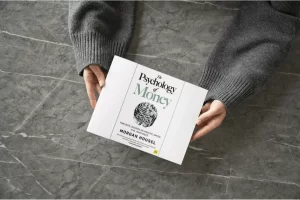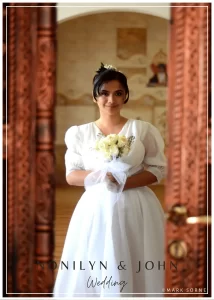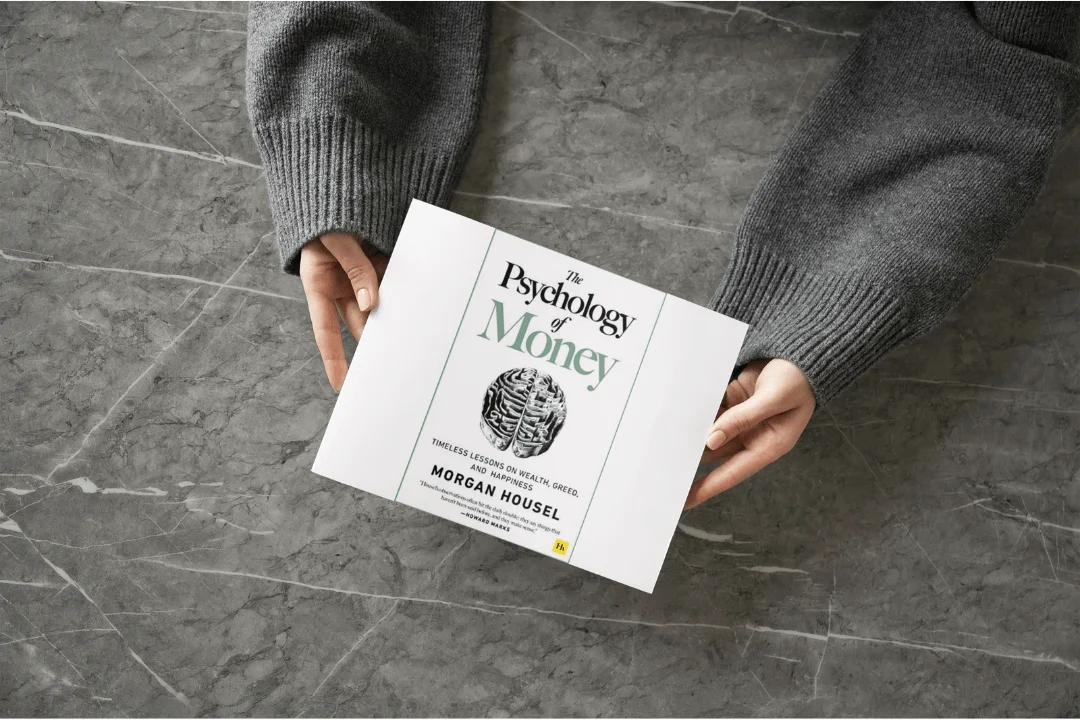1. It all starts with packing for safety. Don conservative clothing to prevent being a target. Never wear jewelry that looks costly. Too casual or too flamboyant of a clothing might identify you as a visitor. Steer clear of an opulent appearance as much as possible.
2. Try to travel light at all times. You’ll be able to move faster and have greater free hand movement. Additionally, since you won’t be as exhausted, you won’t put your baggage down and forget to check on it.
3. Bring just the bare minimum of valuables for the trip, and arrange for a location or places to hide them. The safest place for your passport, cash, and credit cards is a hotel safe. If you must bring them with you, you might want to hide them in many locations instead of stuffing them all into a single wallet or pouch. Steer clear of purses, fanny packs, and outside pockets that are common targets for criminals. Slightly safer options are inside pockets and a strong shoulder bag with the strap over your chest. Valuables are best kept in a money belt or bag that is worn beneath clothes.
4. Bring an additional pair of glasses if you wear them. Include them in your carry-on luggage along with any necessary medications.
5. You should retain medications in their original, labeled containers to prevent issues while going through customs. Bring copies of your prescriptions together with the medication’s generic names. When using an uncommon or narcotic-containing medication, be sure you get a note from your doctor confirming your necessity for the prescription. Consult the embassy or consulate of the nation you are considering visiting if you are unsure if it is permitted to bring a certain drug into that nation.
6. Instead of carrying cash, bring one or two major debit/credit cards and travelers checks.
7. To make replacing your passport easier in the event that it is lost or stolen, include an extra set of passport pictures and a photocopy of the information page.
Put your phone number, address, and name on the exterior and inside of every piece of luggage. To prevent others from jokingly noticing your country or identity, use covered baggage tags. If at all feasible, lock your bags.
9. Think about purchasing a calling card for your phone. It’s a practical method of communication. Make sure you can use it from your foreign location(s) if you have one. Numerous foreign periodicals have access numbers to American operators. Prior to leaving, find out your access number.
10. To find out whether there are any limits on liquids, lighters, matches, or other items, check with the TSA or your local airline.
Check before you go as these regulations are subject to frequent revision.






